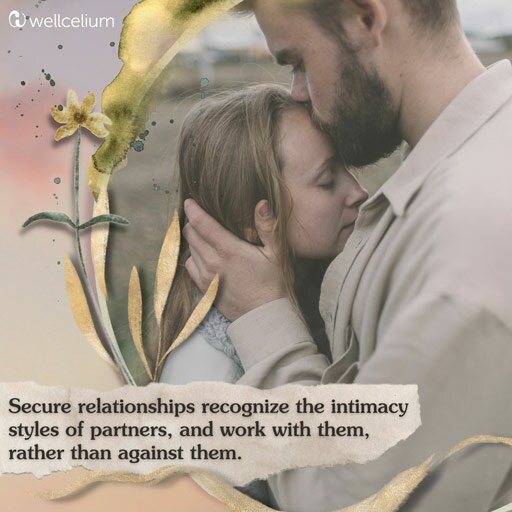What is Self-Care?
“Caring for myself is not an act of self-indulgence, it is self-preservation, and that is an act of political warfare.” —Audre Lorde, 1988
The term self-care has become increasingly trendy in recent years. We receive many messages about what it means and how to practice it. Self-care can mean different things to different people! To find what serves you, let’s start with the origin of the concept.
The history of self-care began with a medical term used by doctors in the 1960s when referring to prescribed activities for patients around “healthy habits.” This was generally used for those in the disabled community who did not have autonomy while living in supervised medical facilities. Black feminists, like Audre Lorde and members of the Sistersong Collective, reclaimed the term to define the importance of self-determination against oppressive systems. Many now understand self-care to address how we care for our mental, emotional, spiritual, and physical well-being. Some also say self-love to identify how they care for themselves.
The 4 Categories of Self-Care
- Physical. This component of self-care speaks to the need to listen to our bodies. Self-care practices for the body refer to hydrating, eating, joyful movement, and space. Access to privacy and nature are some examples of how important space is to our physical well-being. The Japanese practice of nature bathing, to emerse oneself in a forest, is an excellent way to energize your not just your physical being but all of your self-love areas.
- Emotional. This realm of self-care focuses on how we share our emotions with others. The exchange of love is a staple of emotional health. Engaging with others who respect and honor your emotional energy is a great way to nourish your emotional self-care.
- Mental (or psychological). This area of self-care reflects on personal growth. Challenging yourself with a creative project or taking a class are wonderful ways to stimulate your mental self-care.
- Spiritual. This piece of self-care asks us to connect with what is meaningful to us. Mindfulness, meditation, and prayer are tools that can be used to get in touch with your higher self. Routines like a morning or evening cup of tea with a purposeful moment of quiet and reflection can be a simple, and perhaps sweet if you like a bit of honey, way to build in a daily self-care practice.
It is a radical act to care for yourself. A rebellion that is driven by love has an incredible, sustainable, and powerful reach. When love and care are not readily available to you, you can choose to grow them yourself. It’s up to you what to tend to in your garden. Do you plant seeds from sources that you trust to produce healthy self-care practices?
Why You Need to Take Better Care of Yourself
Unfortunately, the systems of capitalism and White Supremacy Culture do not support our health or growth. Fannie Lou Hamer said in 1971 with her speech acknowledging the historical activism of Black women to progress freedoms for all women, “Nobody’s free until everybody’s free.” Not even those in privileged or powerful positions can easily develop into their most healthy selves in a harmful system.
It is a radical act to care for yourself. A rebellion that is driven by love has an incredible, sustainable, and powerful reach. When love and care are not readily available to you, you can choose to grow them yourself. It’s up to you what to tend to in your garden. Do you plant seeds from sources that you trust to produce healthy self-care practices?

Engaging with others who respect and honor your emotional energy is a great way to nourish your emotional self-care.
How to Develop Your Own Self-Care Plan
- Get Grounded. Practice making intentional space for yourself. Get in touch with what is serving you and what needs attention.
- Hold Yourself Accountable. Journaling or sharing with a friend can be helpful tools in keeping track of your self-awareness progress.
- Stay Open. As you change, your self-care plan will change. Stay open to evolving needs.
Questions to Ask Yourself
-
What am I currently practicing for my self-care routine? Do I need to make any adjustments?
- Am I denying myself anything? Is it serving me to do so?
- When do I feel at peace?
- What is in my power to change?
Suggested Practice
Support your growth by exploring the many practices shared by Greater Good In Action.
Recommended Resources
Hell Yeah Self-Care!: A Trauma-Informed Workbook by Meg-John Barker and Alex Iantaffi
Pleasure Activism: The Politics of Feeling Good by adrienne maree brown



